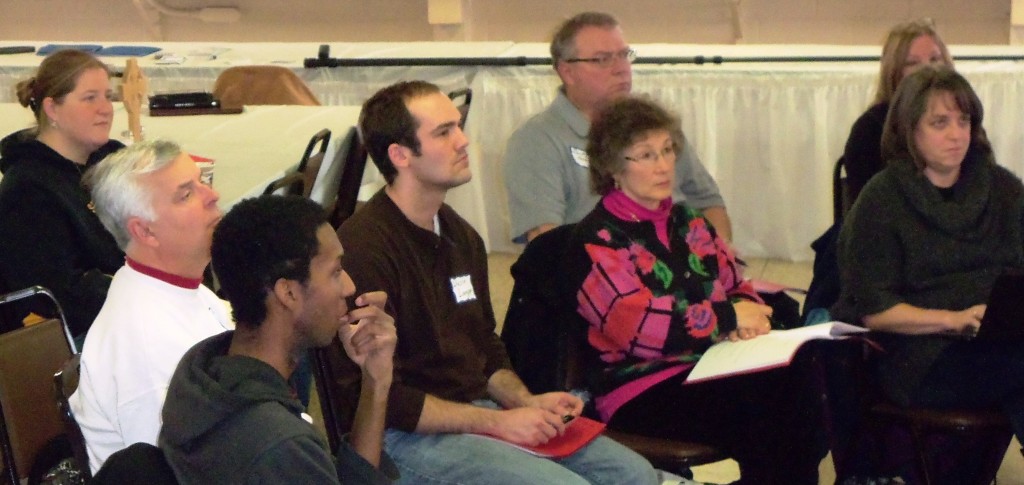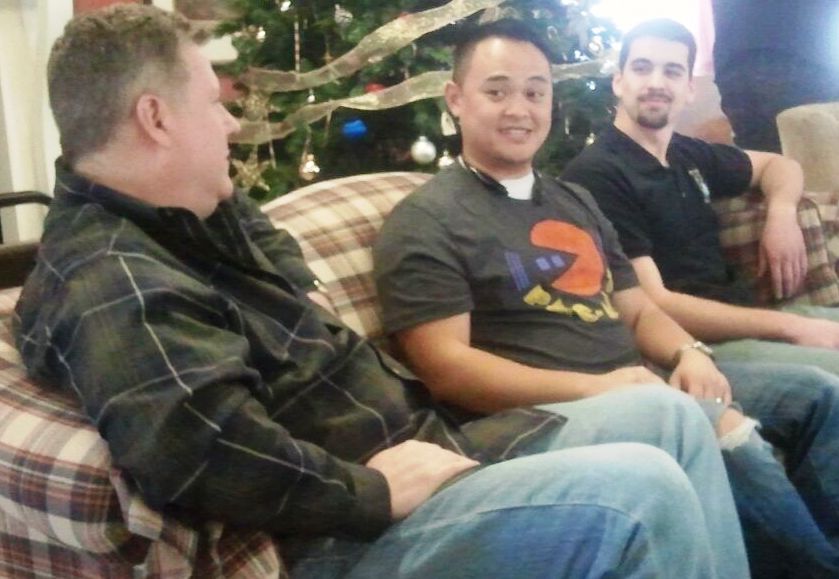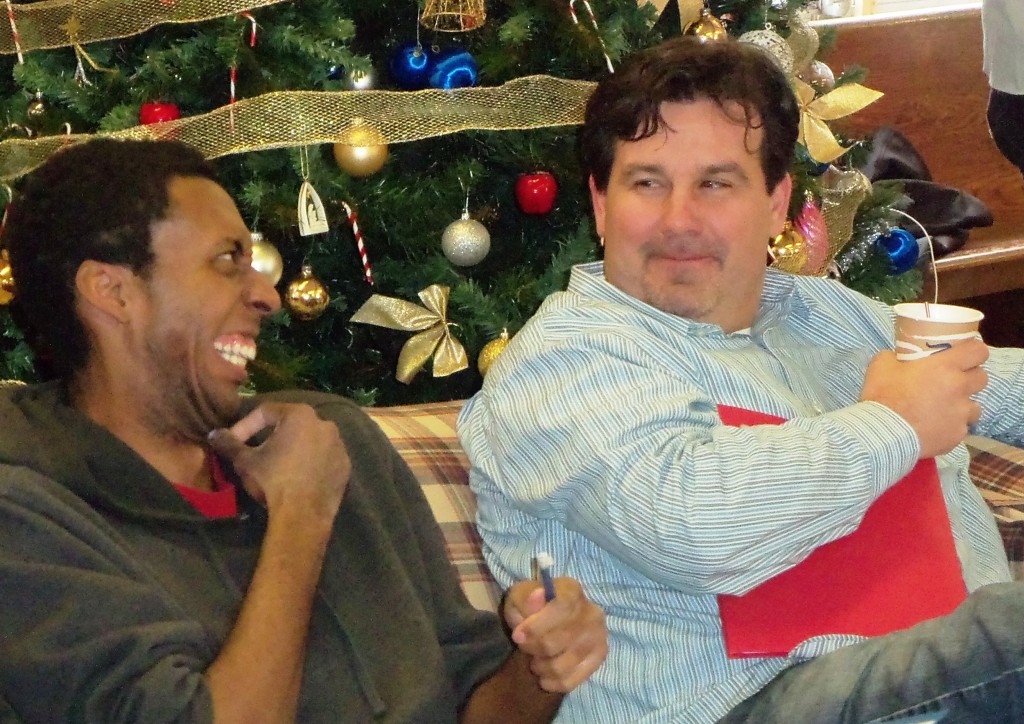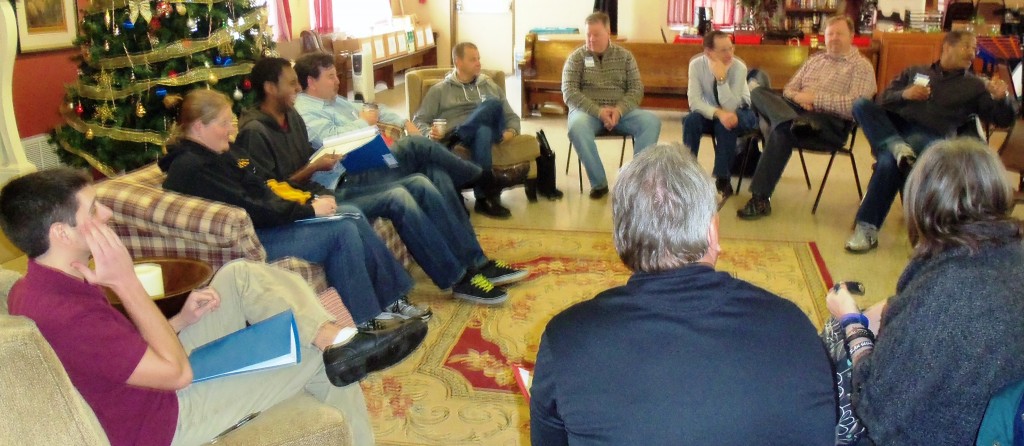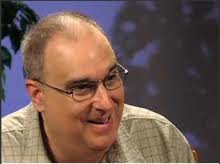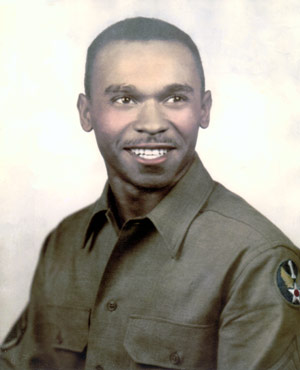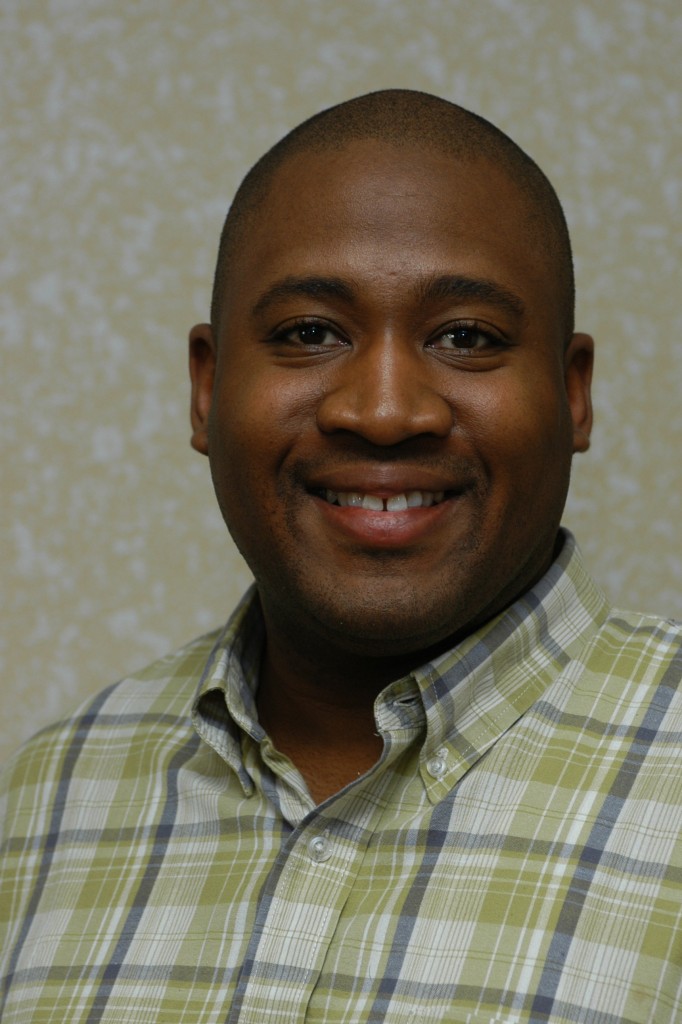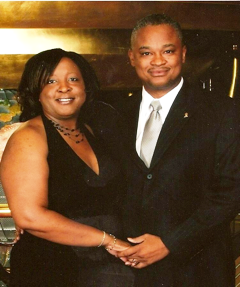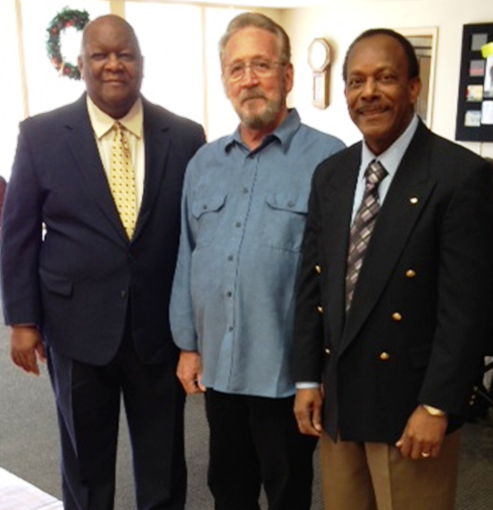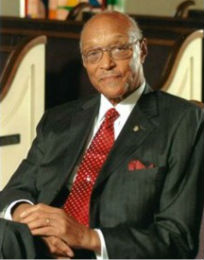Dear Brothers and Sisters in Christ,
 Artists typically depict prayer as going upward from us to God. They might show a person kneeling in a beam of light, or looking up with hands outstretched to heaven. In the illustration below, the artist depicts another dimension of prayer—its roots and soil. It reminds me of Paul’s words to the church at Ephesus to be “rooted and grounded in love” (Ephesians 3:17—KJV throughout).
Artists typically depict prayer as going upward from us to God. They might show a person kneeling in a beam of light, or looking up with hands outstretched to heaven. In the illustration below, the artist depicts another dimension of prayer—its roots and soil. It reminds me of Paul’s words to the church at Ephesus to be “rooted and grounded in love” (Ephesians 3:17—KJV throughout).
Although I see most of you only once a year or less, I feel close to you all. That closeness is not about email, but a relationship of unity in the Holy Spirit that is grounded in prayer. I pray frequently for our elders and their families as I do for all our members and their families. I do this not as a duty or mere discipline, but because I want to maintain my relationship with all of you even if we are not able to be together as often as I would like.
I learned this idea of prayer relationships from my reading of the apostle Paul’s writings. Long before Facebook and Skype, Paul maintained a strong network of personal relationships across the Mediterranean world. He prayed that God’s blessings would rest upon the churches that he planted and served. These were not just general “catch-all” prayers. He was often quite specific. To the Thessalonians he wrote: “Night and day praying exceedingly that we…might perfect that which is lacking in your faith…. To the end he may stablish your hearts unblameable in holiness” (1 Thessalonians 3:10, 13). To the Romans: “Without ceasing I make mention of you always in my prayers” (Romans 1:9). To the Philippians: “Always in every prayer of mine for you all making request with joy” (Philippians 1:4). And to the Colossians: [We] do not cease to pray for you… I would that ye knew what great conflict I have for you (Colossians 1:9; 2:1).
Day and night Paul prayed for God to intervene and that the Holy Spirit might guide and direct these Christians. As earnestly as he believed in the power of his intercession for them, he believed in the blessing that their prayers would bring upon him: “Now I beseech you…that ye strive together with me in your prayers to God for me” (Romans 15:30). “[God] will yet deliver us; ye also helping together by prayer for us” (2 Corinthians 1:10-11). “Praying…for me…that I may open my mouth boldly” (Ephesians 6:18-19). “This shall turn to my salvation through your prayer” (Philippians 1:19).
Paul understood that a pastor-congregant relationship is a heavenly one—developed and maintained through prayer, by the Spirit. It is the same today, no matter where the congregation may be. Because we are participants in God’s life through Christ’s vicarious life for us, our prayers are ultimately rooted and grounded in the intercessory voice of Jesus as our Faithful High Priest (Hebrews 2:17; 7:25).
In Atonement: the Person and Work of Christ, T. F. Torrance wrote this: “Prayer is the link between world history and the intercession of Christ in heaven. So far as the church in history and on earth is concerned, therefore, the great connecting link between world history and the heavenly session of Christ is to be found in prayer and intercession.”
Paul’s prayers focused on all kinds of relationships—not only between Christians, but also between church and state. Remember Paul’s words to Timothy: “I exhort therefore, that, first of all, supplications, prayers, intercessions, and giving of thanks, be made for all men; For kings, and for all that are in authority; that we may lead a quiet and peaceable life in all godliness and honesty. For this is good and acceptable in the sight of God our Saviour; Who will have all men to be saved, and to come unto the knowledge of the truth” (1 Timothy 2:1-4).
Do you see why I like the illustration shown above? Rather than presenting prayer as something vague and ephemeral, it brings it right down to earth. When we pray, we are joining in the work of the kingdom of God, supporting each other and those we serve in a vast “underground” network of prayer relationships that are rooted and grounded in love.
Your brother in Christ’s service,
Joseph Tkach
 Chuck Lawless, Dean of Graduate Studies at Southeastern Seminary, recently shared ten insights gleaned through many years serving as a church consultant. Here is a summary list; for the details, click here.
Chuck Lawless, Dean of Graduate Studies at Southeastern Seminary, recently shared ten insights gleaned through many years serving as a church consultant. Here is a summary list; for the details, click here.

